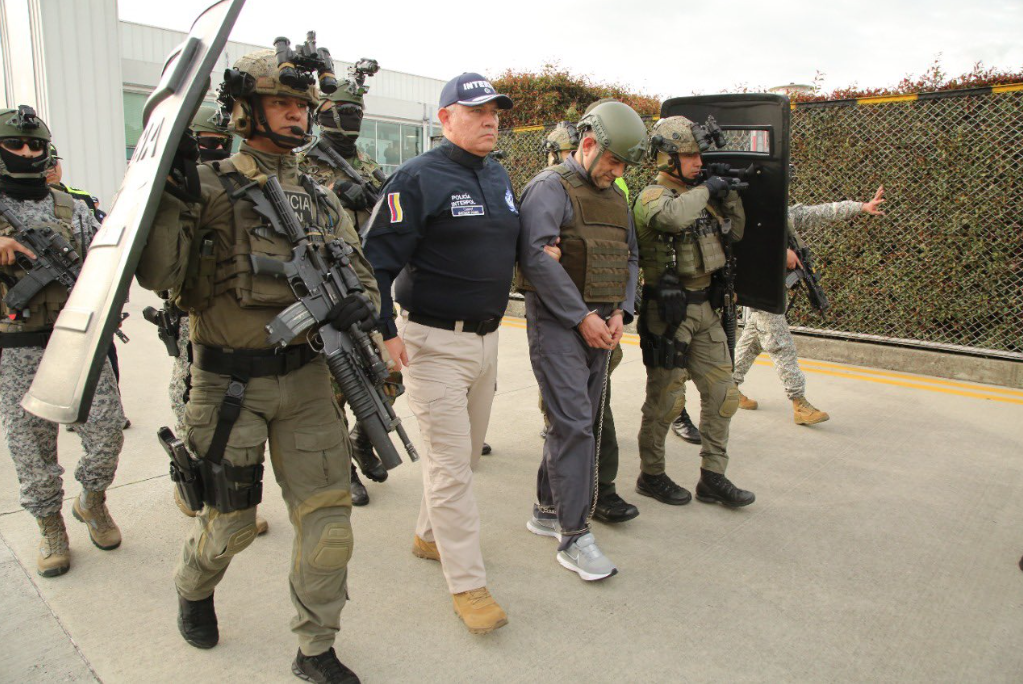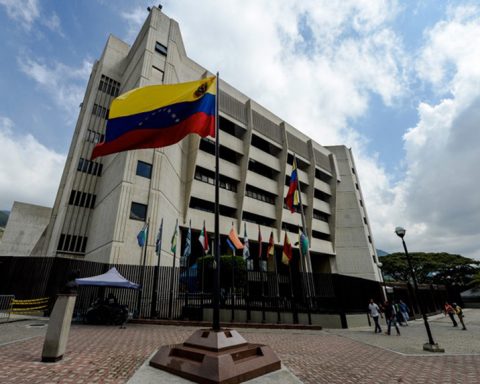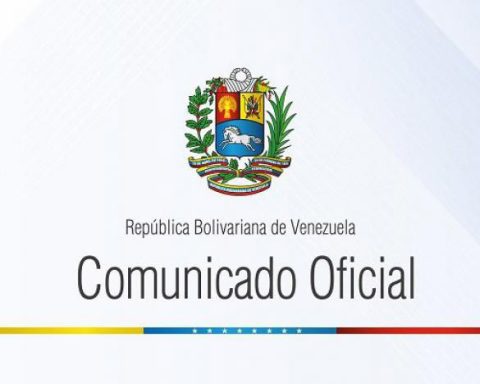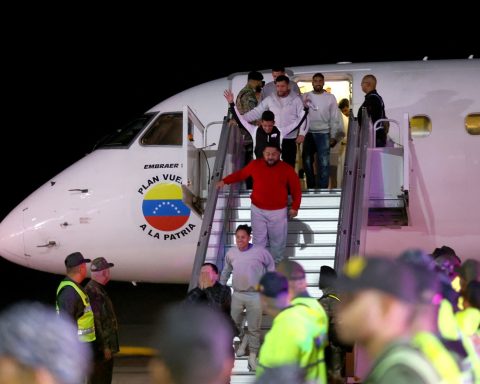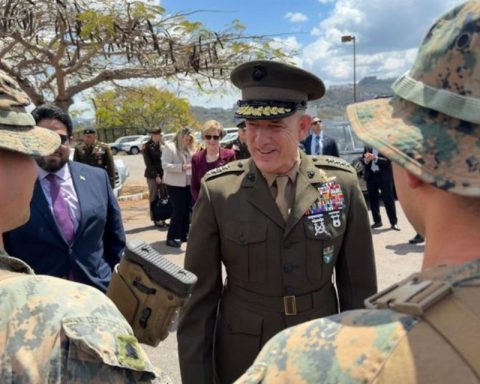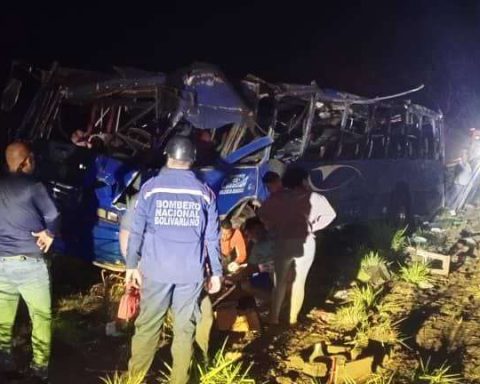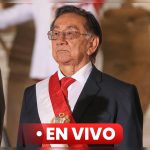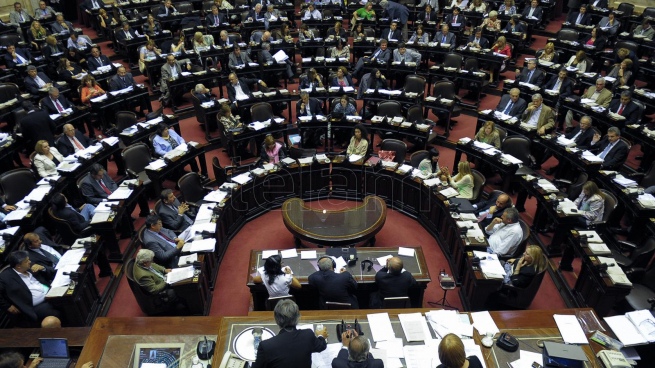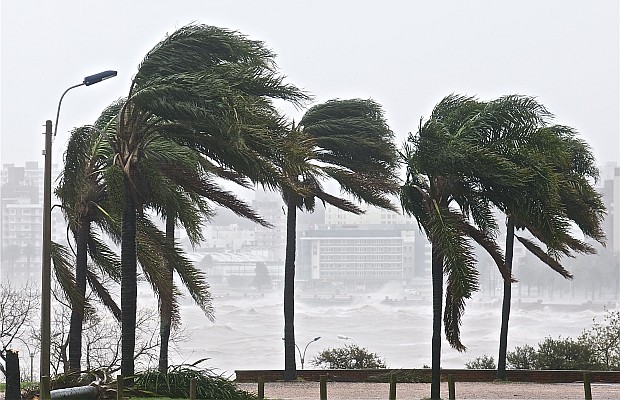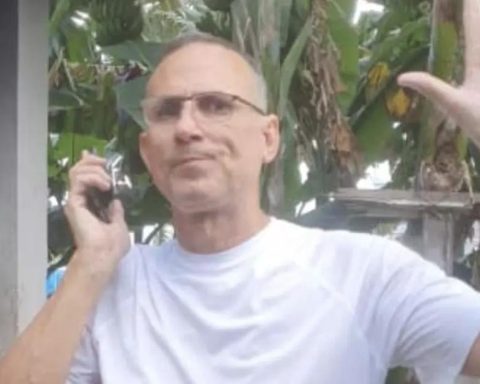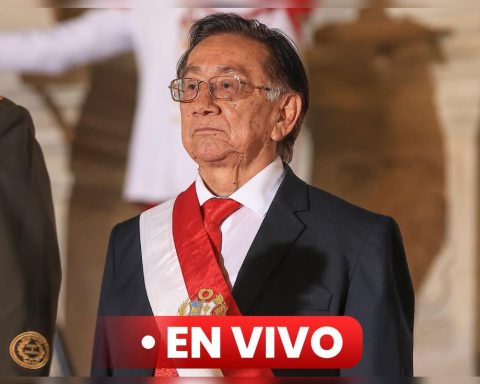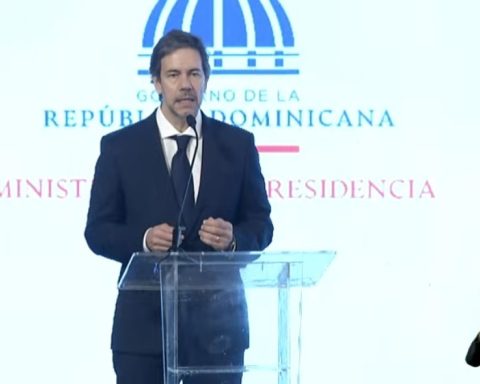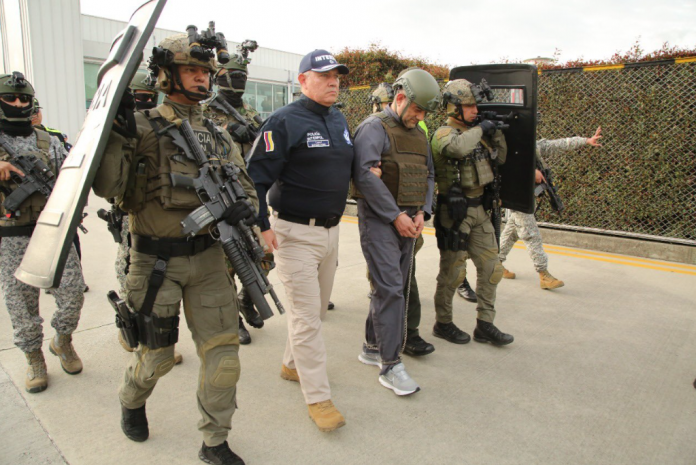
The former head of the Clan del Golfo Dairo Antonio Úsuga, alias Otoniel, extradited to the United States this month, revealed to the Special Jurisdiction for Peace the alleged links that the military and politicians had with the paramilitary Self-Defense Units of Colombia.
This was revealed this Monday by Noticias Caracol, which published excerpts from a statement of more than 15 hours by “Otoniel” before the JEP before being extradited to the United States in which he spoke of the alleged relationship between retired generals Mario Montoya and Leonardo Barrero , former Army commanders, and former presidential candidate Luis Pérez with paramilitaries before the signing of the peace agreement in 2016.
At the time of his arrest, Otoniel, 50 years old, had 128 arrest warrants in Colombia for crimes such as drug trafficking, extortion, homicide, forced displacement, arms trafficking, formation of armed groups, conspiracy to commit crimes and crimes against humanity. , among others, as well as seven convictions.
Úsuga accumulated this criminal record throughout a lifetime in illegality, first in the ranks of the Popular Liberation Army, from which, after the signing of a peace agreement in 1991, he joined the AUC and, after demobilization of these, in 2006, he created the criminal gang of Los Urabeños, now Clan del Golfo.
The case of Montoya and Barrero
Otoniel assured that the paramilitaries supposedly paid General Montoya, when he was commander of the Army’s First Division, to influence in 2005 the transfer of an officer who was allied to that group to the department of Casanare.
“The Casanare Front, to which I belonged, had to give an armored apartment in Bogotá to Mario Montoya here in Bogotá,” Otoniel said.
That general transfer was Barrero, who, assured the former head of the Clan del Golfo, came to Casanare from the department of Guaviare to forge an alliance with the paramilitaries in a “war” that took place at that time with the guerrillas.
This is not the first time that Barrero has been linked to drug traffickers, as he has also been associated with Juan Castro Estupiñán, alias “Matamba”, who was arrested in May 2021 and escaped from La Picota prison in Bogotá last March. .
His arrest exposed a network of corruption involving Colombian military and ex-military personnel who allegedly provided him with information about operations against his organization.
Also on the list of alleged collaborators is alias “Padrino”, a name by which “Matamba” referred to Barrero.
The retired officer has denied any type of connection with alias “Matamba” and has stressed to journalists that during his career as a military man he was always respectful of the law and made himself available for the Prosecutor’s Office to investigate his actions.
The case of Luis Perez
“Otoniel” mentioned that Pérez, who renounced his presidential aspiration on May 11, was close to the drug trafficker extradited to the United States Henry de Jesús López, alias “Mi Sangre” or “Salvador.”
“I knew that on occasion they met twice,” he said, adding that “‘Salvador’ was locating people from Medellín,” including Pérez, who was mayor of the city between 2001 and 2004, to take control of the city. .
“When ‘Salvador’ was in Medellín, they were very close, very close friends, they collaborated with him,” he added.
Finally, “Otoniel”, among the many topics he spoke to the JEP, said that many members of the public force in municipalities of the departments of Córdoba and Antioquia “have been on the payroll” of criminal groups for years.
“The operations that were carried out daily with the battalion that arrived in the area (…) was an operation against the guerrillas and (there was) a lot of information from the public force. The intelligence agent passed a lot of information to the people of the organization for the jobs they were going to do,” he added.
